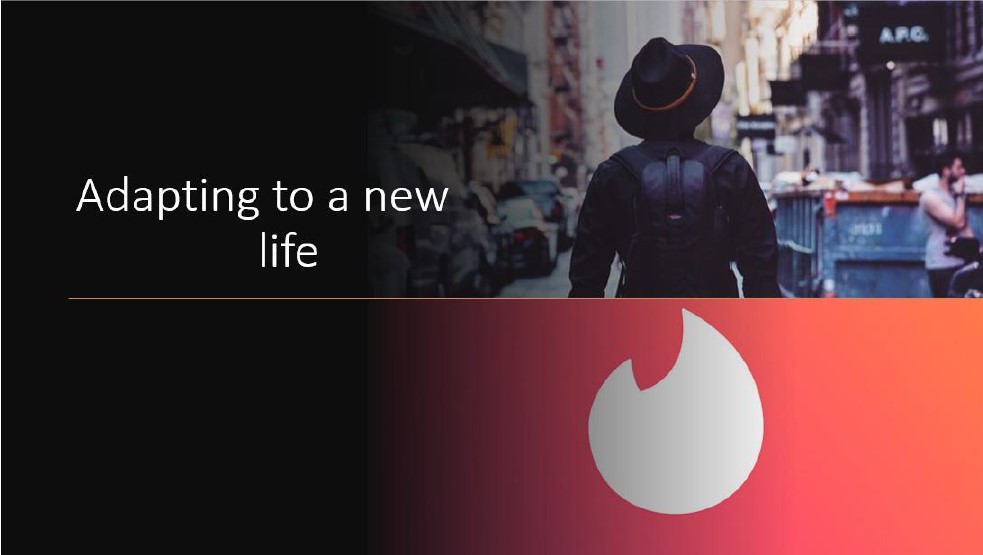Alin-Marius Vlad
Online dating has become an important part of today’s society, especially because finding love is as easy as the swipe of a finger. With the use of smartphones and GPS, online dating moved towards mobile dating apps. These mobile dating applications allow users to create profiles in order to interact with other user and even try to find sex, dates or even a relationship. This study focuses on how homosexual international students in Copenhagen, Denmark use two mobile dating apps, Tinder and Grindr.
Grindr has a reputation as a short-term dating being used mostly as a hook-up app. However, Tinder stated that this is an app to find romance. Even though Tinder did not focus on the homosexual counterparts in the beginning, they are the ones who see Tinder as a place where nice guys go, while their heterosexual counterparts see Tinder as a hook-up application. Tinder is seen as Grindr for heterosexual people. Thus, I want to look at the division between these apps. However, even people use these apps for these reasons, there is much more beyond how they use these apps. This study describes the uses of these apps as practices. A practice is used to describe the everyday work of life activities such as norms, routines, and widely shared beliefs. Therefore, this study divided practices into two main categories expected and unexpected practices. An expected practice is how the students use the apps as intended by the designers of the apps, while the unexpected practices are how the students use differently the apps than what the designers of the apps intended.



